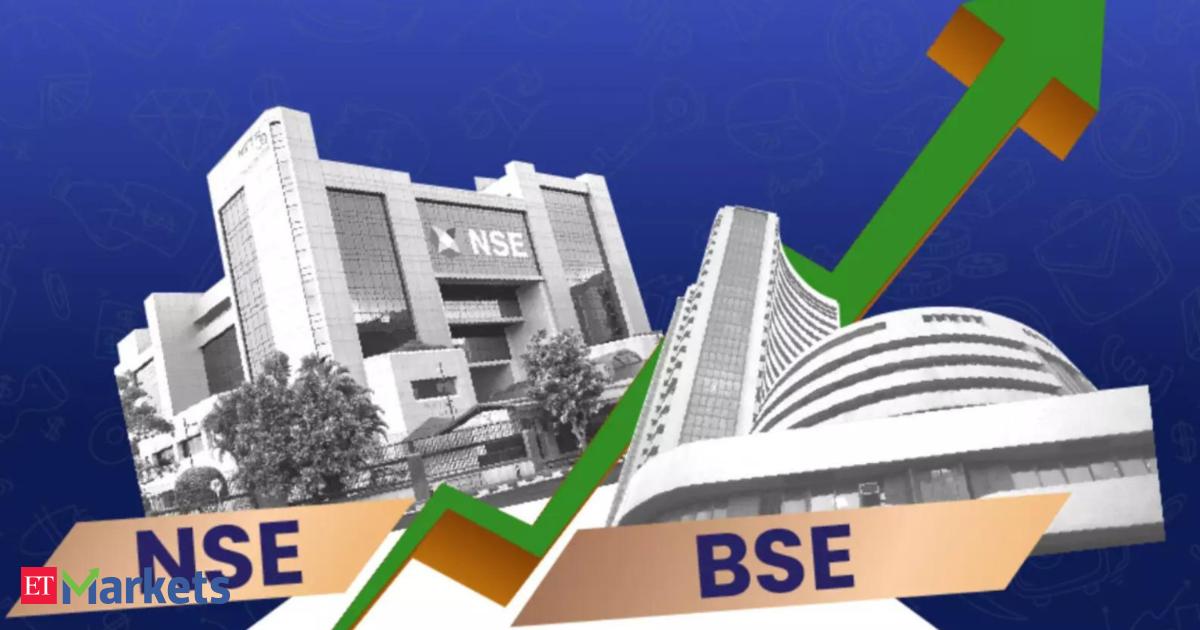In line with this directive, NSE will move its weekly expiry to Tuesday, while BSE will shift to Thursday, starting September 1, 2025. But behind this seemingly administrative change lies a fierce contest for trader mindshare, options liquidity, and revenue, and BSE may have just lost a critical edge.
“This change significantly benefits NSE, which will now enjoy three full days (Friday, Monday, and Tuesday) of heightened options trading activity leading up to its expiry — a key period for premium buildup and speculative action,” said SBI Securities’ Head of Technical & Derivatives Research, Sudeep Shah.
BSE, on the other hand, is left with a tighter window of just Wednesday and Thursday to attract meaningful volumes post-NSE expiry. That may sound technical, but in the hyper-competitive world of weekly options, timing is everything.
Also Read | Sebi approves NSE’s expiry day change to Tuesday, BSE to Thursday
BSE’s Market Share at Risk
According to Motilal Oswal, BSE’s share of the premium turnover market stood at 22.6% in May 2025, heavily propped up by its Tuesday expiry, which caught the peak of trader activity. Now, that cushion is gone.“We expect a market share loss of 350–400 basis points for BSE,” Motilal Oswal wrote in a client note, lowering its premium average daily turnover (ADTO) estimates for BSE in FY26 and FY27 by 9% and 12%, respectively.They’ve also downgraded BSE stock to ‘Neutral’, slashing the price target to Rs 2,300. With the stock now trading at a lofty 53x FY27 estimated earnings, valuation comfort is fading fast. BSE shares were trading 1% lower during the day after falling up to 6%.
Also read | BSE shares crack 6% as SEBI approves Tuesday expiry for NSE derivatives
This expiry day chess match started in May 2023, when BSE introduced Friday expiries. NSE responded by moving Bank Nifty to Wednesday, and BSE hit back by shifting Bankex to Monday in October. In January 2025, BSE again altered Sensex expiry to Tuesday and saw a meaningful uptick in volumes.
But the back-and-forth sparked concerns at SEBI over growing volatility and speculative churn. In May 2025, the regulator stepped in and declared that weekly expiries could only be held on Tuesdays and Thursdays. Exchanges would now need prior regulatory approval to change expiry days.
“SEBI’s regulatory changes aim to create a more structured and stable environment for equity derivatives trading,” said Naman Shah, SVP at Ohm Dovetail. “Investors can anticipate a more predictable and secure trading experience.”
Volume Hit Ahead? Street Thinks So
IIFL Securities sees a 10–12% volume impact for BSE, driven by reduced activity on “E-2” days (two days before expiry), especially Fridays, which earlier contributed 19% of the week’s volume. BSE’s market share on Fridays — previously 20% — could now drop to just 8%.
“We cut our FY27–28 EPS by 4–5% and expect the stock to remain under pressure until volume growth visibility improves,” IIFL added.
What This Means for Investors
For traders, the expiry switch changes the rhythm of the week. NSE’s new Tuesday expiry means longer premium buildup periods, more liquidity, and higher open interest leading into expiry — a dream setup for short-term F&O traders.
For BSE, however, Thursday expiry leaves little room for pre-expiry speculation, especially with Wednesday often dominated by NSE’s midweek expiry hangover.
“Overall, the move seems tailored to balance market stability while reinforcing NSE’s dominant position in the derivatives space, potentially dampening BSE’s momentum in growing its relatively newer options segment,” Shah of SBI Securities said.
The expiry turf war is over but the fallout has only just begun.















